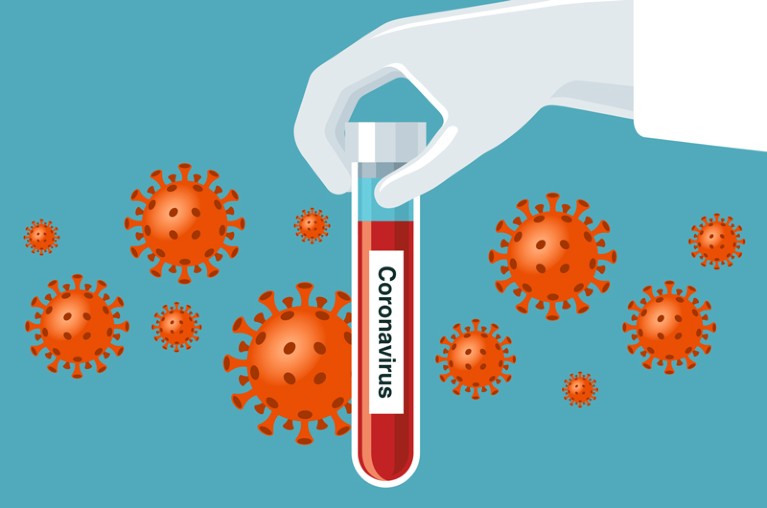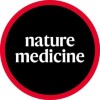Clinical trials
The RECOVERY trial being run in the UK issued a press release stating that treatment with the corticosteroid dexamethasone reduces the risk of death in patients requiring respiratory support. The randomized trial compared 2,104 patients with COVID-19 receiving 6 mg of dexamethasone (oral or intravenous) for ten days to 4,321 patients with COVID-19 receiving standard of care. Mortality for patients on mechanical ventilation was reduced by a third in the dexamethasone treatment arm (from 41% in the ‘standard-of-care arm’). A more modest 20% reduction of mortality in dexamethasone-treated patients with COVID-19 on supplemental oxygen was observed. No effect was seen in patients who did not require any form of respiratory support. Data from the study has yet to be published.
The FDA has revoked its Emergency Use Authorization for hydroxychloroquine sulfate (HCQ) and chloroquine phosphate (CQ) to treat patients with COVID-19. The agency states that “it is no longer reasonable to believe that oral formulations of HCQ and CQ may be effective in treating COVID-19, nor is it reasonable to believe that the known and potential benefits of these products outweigh their known and potential risks.”
Human studies
David Ellinghaus (Christian-Albrechts-University, Germany) et al. have published the results of a genome-wide association study of patients with COVID-19 in seven Spanish and Italian hospitals. Patients were recruited during the peak of the COVID-19 epidemic in Italy and Spain, had SARS-CoV-2 infection confirmed by PCR and required respiratory support. The authors report in The New England Journal of Medicine that two loci were associated with severe COVID-19. The first locus, 3p21.31, includes six candidate genes (SLC6A20, LZTFL1, CCR9, FYCO, CXCR6 and XCR1). The second, 9q34.2, includes the ABO blood group. The results are consistent with previous findings that associate increased risk of severe COVID-19 with blood group A and reduced risk with blood group O.
A small prospective study of mavrilimumab, a monoclonal antibody targeting the granulocyte-macrophage colony-stimulating factor (GM-CSF) receptor, in patients with severe COVID-19 at San Raffaele Hospital in Milan suggests that the drug may be associated with improved clinical outcomes. Patients included in the study were PCR-positive for SARS-CoV-2 and had signs of COVID-19 pneumonia (but were not on mechanical ventilation) as well as hyperinflammation (defined as increased C-reactive protein or ferritin levels). As reported in Lancet Rheumatology, during the 28-day follow-up period none of the 13 patients treated with a single dose of mavrilimumab died, compared to 7 deaths in the 26 patients receiving only standard of care. Mavrilimumab-treated patients also showed quicker improvement times (median time to discharge of 10 days versus 20 days for standard of care) and reduced frequency of progression to mechanical ventilation.
Preclinical studies
Jesse Bloom at the Fred Hutchinson Cancer Research Center led a deep mutational analysis of the SARS-CoV-2 spike protein receptor-binding domain (RBD) using a yeast display platform. The authors mutated all RBD amino acid residues and measured angiotensin-converting enzyme 2 (ACE2) binding affinity. Interestingly, the study found that all described RBD alleles in 31,570 publicly available SARS-CoV-2 spike sequences are either neutral or will reduce ACE2 binding, while none of the mutations found to increase RBD affinity for ACE2 were found among the naturally occurring variants. The study was posted as a preprint and has not yet been peer-reviewed.
Alina Baum and colleagues at Regeneron Pharmaceuticals report the results of an in vitro analysis of their two monoclonal antibodies against the SARS-CoV-2 spike protein RBD in Science. Single treatment with REGN10933, REGN10987 or two other anti-RBD monoclonals was able to inhibit vesicular stomatitis virus pseudoparticles expressing the SARS-CoV-2 spike protein, but each antibody readily selected viral escape mutants. Simultaneous treatment with REGN10933 and REGN10987, which target non-overlapping regions of the RBD, precluded the appearance of escape mutants. The company has recently moved the dual antibody cocktail into clinical trials for COVID-19 treatment and prevention.
Epidemiology and public health
A group led by Rosalind Eggo at the London School of Hygiene and Tropical Medicine used data collected in China, Italy, Japan, Singapore, Canada and South Korea to model the age structure of SARS-CoV-2 infection. The study, published in Nature Medicine, concluded that individuals under 20 years of age were approximately half as susceptible as older individuals to SARS-CoV-2 infection. The authors simulated the effect of school closures on the spread of SARS-CoV-2 in three cities — Milan (Italy), Birmingham (United Kingdom) and Bulawayo (Zimbabwe) — and estimated that this measure reduced peak infection incidence by 10–19%.


 News: COVID-19 Research in Brief: 6 June to 12 June, 2020
News: COVID-19 Research in Brief: 6 June to 12 June, 2020
 More News and content from Nature Medicine
More News and content from Nature Medicine